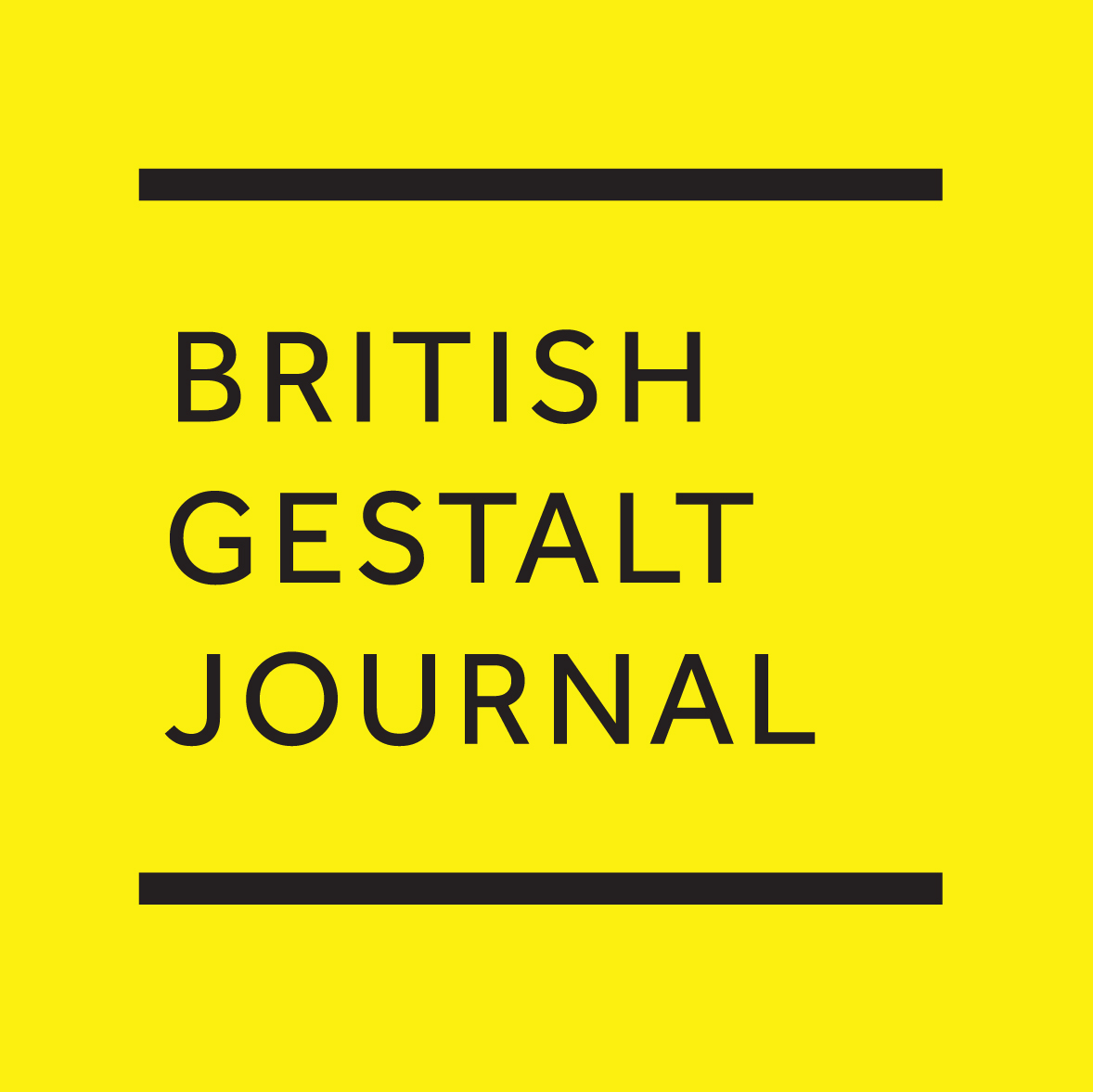'By being honest with ourselves we accept our full humanity, including the most shameful parts, and there is nothing left to hide. As our egos dissolve we are sweetly humbled. Then the game changes. Life is no longer like chess, always having to plan several moves ahead, holding your breath, scared that you might have missed a move, scared that you'll be wiped off the board...Our barriers of fear crumble, a veil drops, we become transparent, left spacious and free, guided by an intuitive knowing. We rest in Truth. We have returned home.'
The grandmother of British Gestalt therapy Ursula Faussett's book Ordinary Truth has been re-published online as an accessible PDF. Ursula was a pioneering therapist who established The Gestalt Centre at her home in Parliament Hill and introduced the UK to this new therapy.
Ursula had very generously stated in the book that the content may be reproduced in any form without the author’s permission and following her death in June at the age of 87, Brian Tasker proceeded, with the family's consent, to republish the book online.
http://www.makeshifttheatre.co.uk/dyad-communication/
About Ursula Fausset as a Gestalt therapist: a profile by Alivia Rose
Gestalt for Ursula was not just a therapy but a way of life, and that is what she taught me: to live in truth, be aware, be connected within myself and then connect with others.
I first met up with Ursula in 1979, and she was nothing like my pre-conceived ideas and expectation of a psychotherapist (I imagined someone in tweeds and worthy shoes). In our first meeting she was wearing a gold beaded jacket and harem pants, sitting on a cushion (which we did in those days), looking at me warmly and directly, and asking me “How Do You Feel?” Ursula never went off the point of ‘how do you feel?’ and ‘where do you feel it?’ Thanks to her it has become an internal mantra for the rest of my life. She was glamorous, perceptive, creative, playful and full of compassion.
She had many tools in her therapeutic toolkit, from traditional two chair work, to using the arts, being experimental, and always being totally present with whatever was happening in a group. She had a very big heart. Being ‘in the now’ was not a job, it was something she demanded of herself and those around her, and her passion and commitment was to integrate spiritual understanding with emotional literacy. She was breaking new ground in the 70s and 80s, as well as finding ways to have an internal congruency between the spiritual, emotional and physical body. Ursula was ahead of her time and has left a legacy of psychotherapists who will continue to live fully and practice fully. The legacy she has left with me is that psychotherapy is not just a job but a vocation, a way of living, and a way to practice an authentic way of life.
Alivia Rose, Senior Gestalt Psychotherapist and Supervisor http://www.aliviarose.co.uk/

